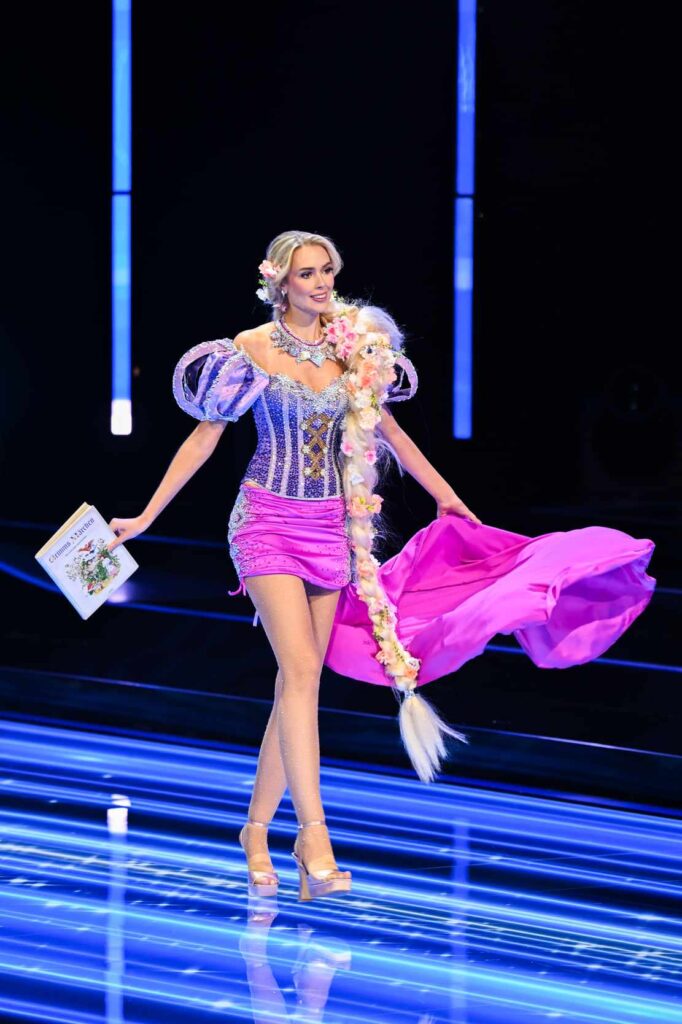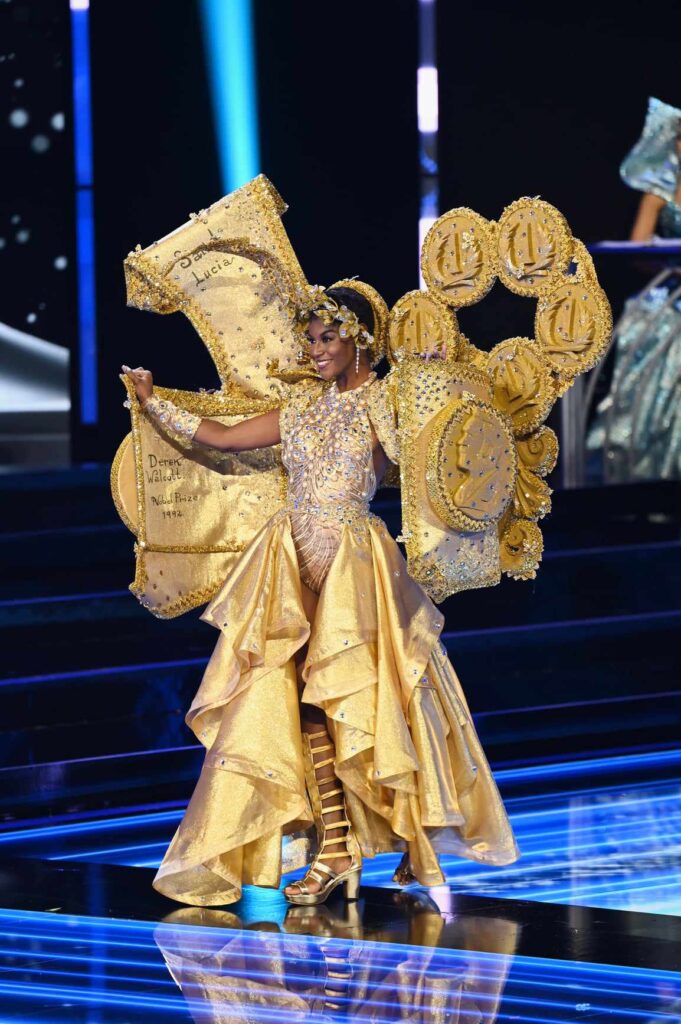The accusations of rigging, conspiracy theories and fan toxicity threaten to eclipse the messages and achievements of the recently concluded 72nd Miss Universe beauty pageant, which marked several milestones — very welcome, progressive changes and a leaning towards diversity and inclusivity — and where a country won its first crown, breaking through the stranglehold of the so-called pageant powerhouses.
On her way to victory, Sheynnis Palacios from Nicaragua answered the final question: “If you could live one year in another woman’s shoes, who would you choose, and why?” The model and mental health chose 18th century English writer Mary Wollstonecraft “because she opened the gap, and gave an opportunity to many women.”
She continued, “What I would do, I would want that gap, that income gap, would open up so that women could work in any area that they chose to work in because there’s no limitation for women. That was in 1750. Now in 2023, we’re making history.”
I was floored by her choice of personality, a literary figure and a feminist pioneer, relatively obscure compared to usual pageant answers of popular figures of contemporary or recent history. In another world, Mary Wollstonecraft should be trending, and many people would be piqued to know more about Wollstonecraft. One of her books, A Vindication of the Rights of Woman (1792), while having little impact during her time, blazed the trail for women. Moreover, her second daughter, the novelist Mary Wollstonecraft Shelley, wrote Frankenstein and blazed the trail for science-fiction and horror writing, which is became dominated by men.
Wollstonecraft delightfully was not the only literary reference in one of the world most popular beauty pageants. The little handful can be observed, amusingly and spectacularly, in the national costume segment, which took place on 16 November, a side show before finals night.
I am one of a few who take delight in this spectacle since it was still part of the main competition night as an opener, called the Parade of Nations. The segment is actually the main reason I was drawn to beauty pageants in the first place, and it makes the contest, I think, what it is, a pageant.
In this celebration of culture and creativity, the contestants wear their traditional attires or costumes that reflect their cultures, usually inspired by festivals and flora and fauna, that range from elegant to extravagant. There are also tributes to history and cultural icons. Sometimes, contestants make statements and advocacies known through their costumes. This year, there were several costumes that pay homage to literary heritage.
Miss Germany Helena Bleicher, for example, wore a pink princess dress and a visible tress and carried a children’s book to pay homage to the fairy-tale character Rapunzel, well-loved around the world. Her tale was among collected by the renown folklorists Brothers Grimm. The character and story have several meanings for many people. At the pageant, the explanation said it was “about a girl crossing borders and looking for the light. This brave German princess never stops believing in the force for good, inspiring this delegate to keep fighting.”

Bleicher was followed by Miss Great Britain Jessica Page, who is appropriately named, to much amusement, because her costume paid homage to language and the written word — the English language and the Oxford Dictionary of English, described as the “official language of 67 countries” and “an unsurpassed guide that documents around 600,000 words.” Her frilly white dress was decorated with words radiating from her back and dictionary pages and covers like wings.
On the other hand, Fabiënne Groeneveld from Indonesia spotlighted an ancient literary masterpiece — the great Sanskrit epic, Mahabharata — which arrived in Indonesia together with Hinduism, enriching local cultures. According to the pageant annotation, it “highlights resilience and wisdom in the face of adversity, encouraging virtuous living and justice.”

The costume of Italy’s Carmen Panepinto, wearing a representation of the sun, might not directly refer to literature but it attempted to project Italian scientific history by saying that it “represents the light of reason illuminating the great female minds of the past and present, from the darkness of illiteracy at the bottom to the bright sun on top.” Which is also the aim of literature and the arts. Science and literature have converged many times in history.

And lastly, Miss Saint Lucia Earlyca Frederick, in all gold, paid tribute to the two Nobel Prize laureates from the small Caribbean island — Sir Arthur Lewis, who was recognized with the Nobel Prize in Economics in 1979, and the poet and playwright Derek Walcott, who received the Nobel Prize in Literature in 1992 and who is known for his 1990 epic poem “Omeros.”

Somehow, in this portion of the contest, the physical beauty of the contestants take a backseat, eclipsed by or complemented by the costumes that attempt to encapsulate their cultures, ideals and heritage — true sources of pride. Hopefully, these beauties may inspire many to take up reading.
